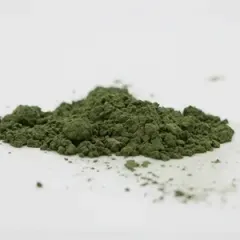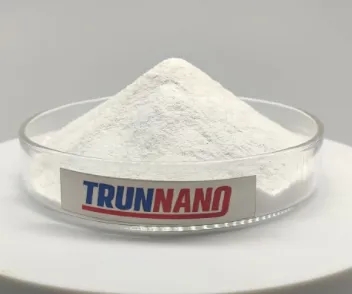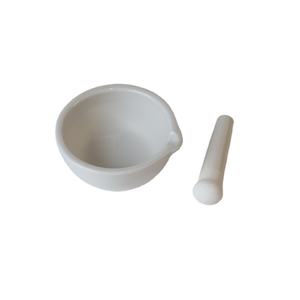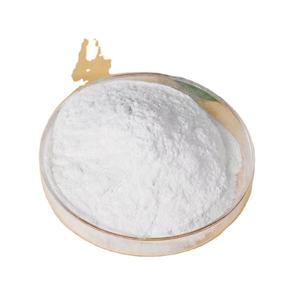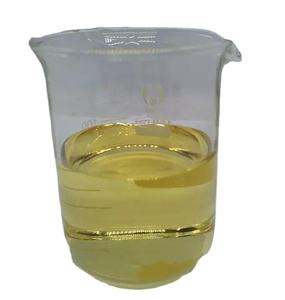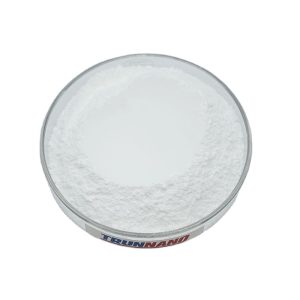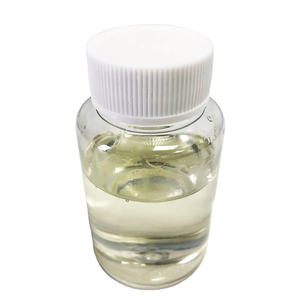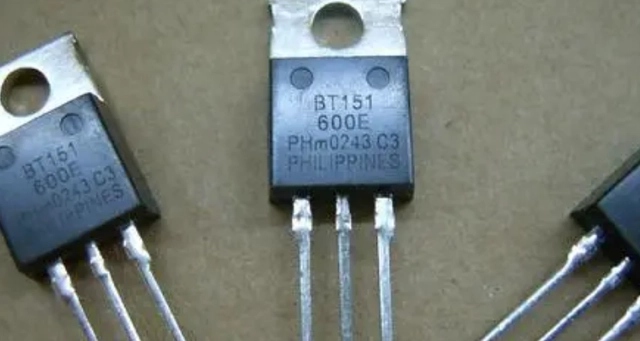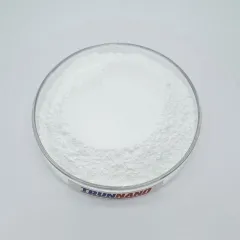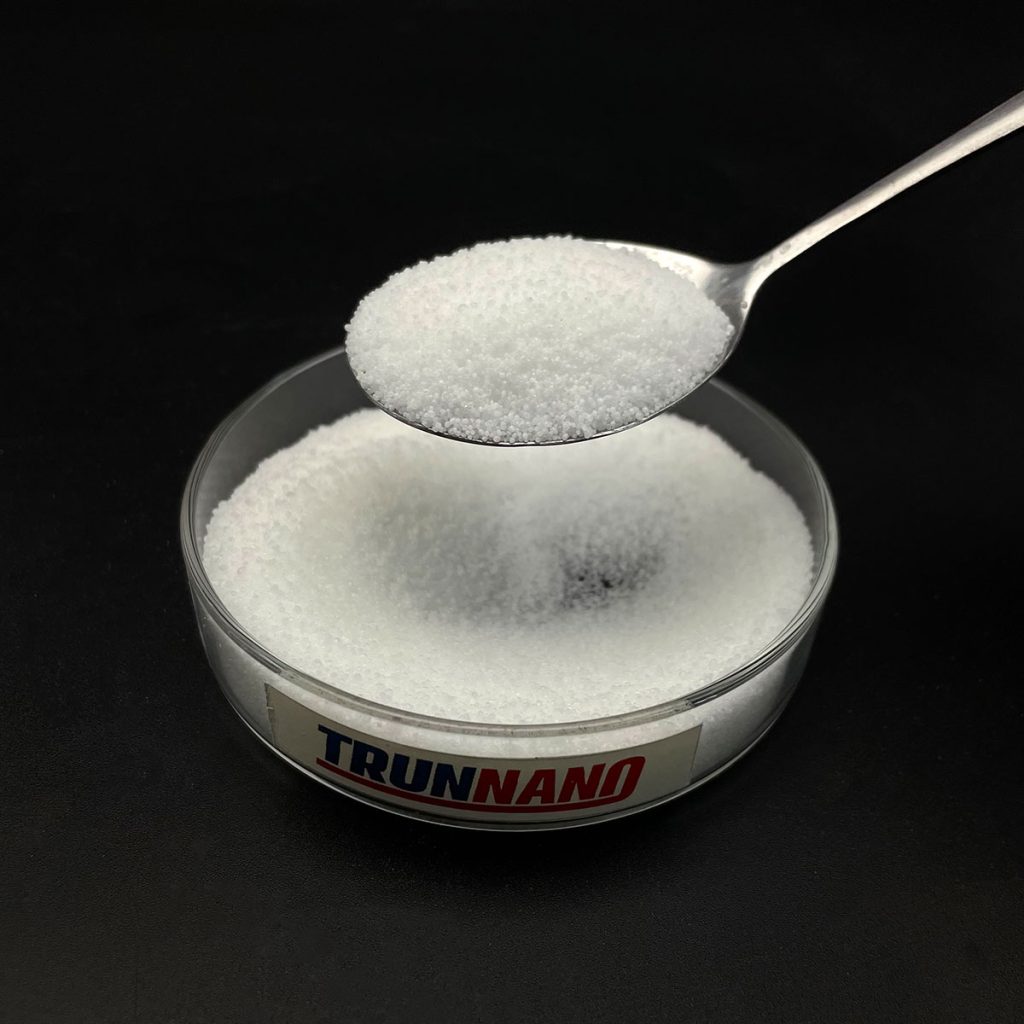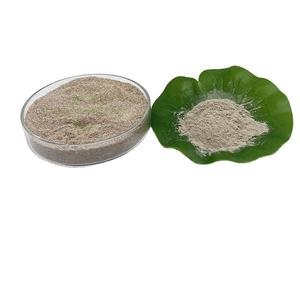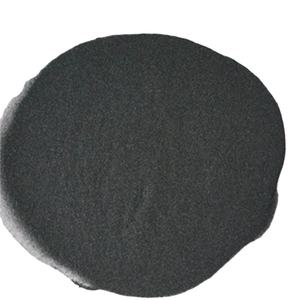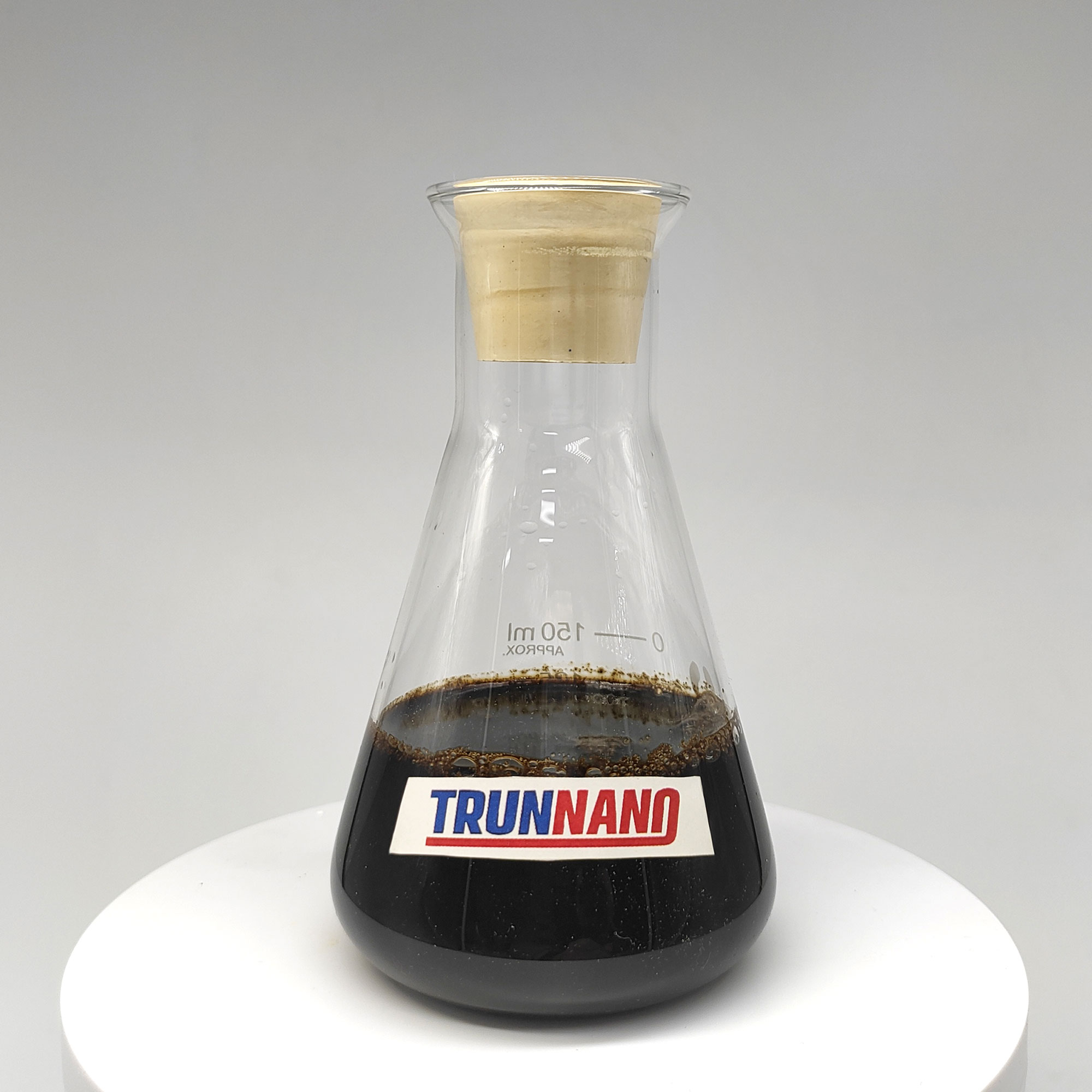Technical Parameters of Powdered Instant Sodium Silicate (CAS 1344-09-8)
(Technical Parameters of Powdered Instant Sodium Silicate (CAS 1344-09-8))
Note: We can also personalize sodium silicate powder with moduli of 2.45, 2.5, and 3.4 according to your requirements.
Our Variety Of Sodium Silicate Moduli
We provide powdered immediate salt silicate with moduli varying from 2.0 to 3.3. In addition, we can customize salt silicate powder with moduli of 2.45, 2.5, and 3.4 to meet your details demands.
Introduction
With an expanding global emphasis on environmental protection and sustainable growth, sodium silicate, additionally referred to as water glass or soluble glass, has amassed considerable passion in different industries owing to its varied usages. This not natural substance works as an essential element in construction, papermaking, and cleaning agent production. Just recently, traditional phosphorus-based cleaning agent ingredients such as salt tripolyphosphate (STPP) have been progressively eliminated because of their unfavorable results on marine ecological communities. In this context, the requirement for reliable and eco safe options has actually ended up being urgent. Sodium silicate, with its distinct characteristics, has entered the spotlight as a promising alternative.
Market Opportunities
1. International Demand Fads
The worldwide production of concentrated artificial detergents has actually seen steady development, particularly with the increasing share of ultra-concentrated powders. It is estimated that at least 230,000 lots of salt silicate were needed in 2000 alone to fulfill market need. Given the existing limited international supply, there is a significant space between supply and demand, showing substantial capacity for growth. As consumers’ demand for high-quality and green items boosts, the marketplace for sodium silicate is expected to increase further.
2. International Competitive Landscape
Contrasted to similar products generated worldwide, Chinese-manufactured sodium silicate typically uses an extra affordable rate and comparable or perhaps remarkable quality. For instance, the FOB rate of sodium silicate in the United States is approximately $51.15 per 100 pounds, while rates in Europe are even greater. This cost benefit settings Chinese producers strongly in the worldwide market. By constantly innovating and improving product top quality, Chinese producers have the possible to catch a larger share of the worldwide market.
Introduction of Salt Silicate
Sodium silicate is a compound created from silicon dioxide (SiO ₂) and salt oxide (Na ₂ O), commonly stood for by the formula Na ₂ O · nSiO ₂, where n varies depending on the particular kind. It is defined by excellent solubility, a high pH degree, and excellent cleaning residential or commercial properties, making it an optimal cleaning agent additive. Beyond its usage in detergents, sodium silicate is commonly utilized in the construction market, such as in waterproofing materials and sealers. In the paper industry, it improves the toughness and level of smoothness of paper. In addition, it discovers applications in fabric dyeing, oil removal, and other fields.
Manufacturing Refine
1. Resources Preparation: The initial step involves choosing appropriate basic materials, including silica sand or soluble glass, together with caustic soft drink.
2. Dissolution Stage: The raw materials are combined and warmed to a suitable temperature to facilitate dissolution, guaranteeing complete mixing of all components.
3. Formation Control: Specific problems are controlled to advertise the formation of desired crystal frameworks in the service. Temperature level and pressure specifications have to be specifically handled throughout this stage.
4. Purification and Filtration: To make certain the purity of the final sodium silicate item, a plate and framework filter press is employed to remove unwanted wetness and pollutants.
5. Drying out and Forming: Spray drying out technology is used to decrease the wetness material even more, leading to a powder form that is very easy to store and transport.
Cost-Benefit Analysis
From an economic viewpoint, the manufacturing of sodium silicate provides clear cost benefits. For a plant with a yearly capacity of 5,000 loads, the expense break down is as complies with:
1. Variable Expenses: Approximately $346.71 per lot, including basic materials (silica sand/soluble glass and caustic soda), energy intake (electrical power and fuel), and labor costs.
2. Fixed Costs: Around $141,400 yearly, covering devaluation of set possessions, upkeep, monitoring costs, finance rate of interest, and other expenditures.
3. Overall Prices: The combined overall price is approximated at $385.71 per load.
4. Sales Revenue: With an estimated asking price of $642.86 per heap, the profit margin per heap would certainly be around $257.15.
( sodium silicate)
5. Economic Benefits: The job can produce a yearly revenue of around $3.21 million, contributing about $1.29 million in tax obligation earnings.
This cost-benefit analysis suggests that sodium silicate not just offers considerable technical advantages but is likewise extremely economically sensible. For manufacturing companies, buying the production and promotion of salt silicate can produce significant economic returns while improving their corporate social obligation image.
Verdict
In recap, salt silicate, with its exceptional technological performance and reduced production prices, holds wonderful possible as a replacement for conventional phosphorus-based additives. Taking into account significantly rigid environmental policies and the expanding customer demand for high-quality, eco-friendly items, speeding up the research, advancement, and commercialization of salt silicate will be a key driver in the improvement of the international cleaning agent market. For financiers, entering this area not only contributes to business social obligation but likewise assures attractive financial returns and social benefits. With continuous technical innovations and an increasing market, the possible uses of sodium silicate are extensive and quality more investigation and advancement by sector stakeholders and research bodies.
TRUNNANO is a supplier of Sodium Silicate Materials with over 12 years of experience in nano-building energy conservation and nanotechnology development. It accepts payment via Credit Card, T/T, West Union and Paypal. Trunnano will ship the goods to customers overseas through FedEx, DHL, by air, or by sea. If you want to know more about sodium silicate liquid, please feel free to contact us and send an inquiry(sales5@nanotrun.com).
All articles and pictures are from the Internet. If there are any copyright issues, please contact us in time to delete.
Inquiry us



